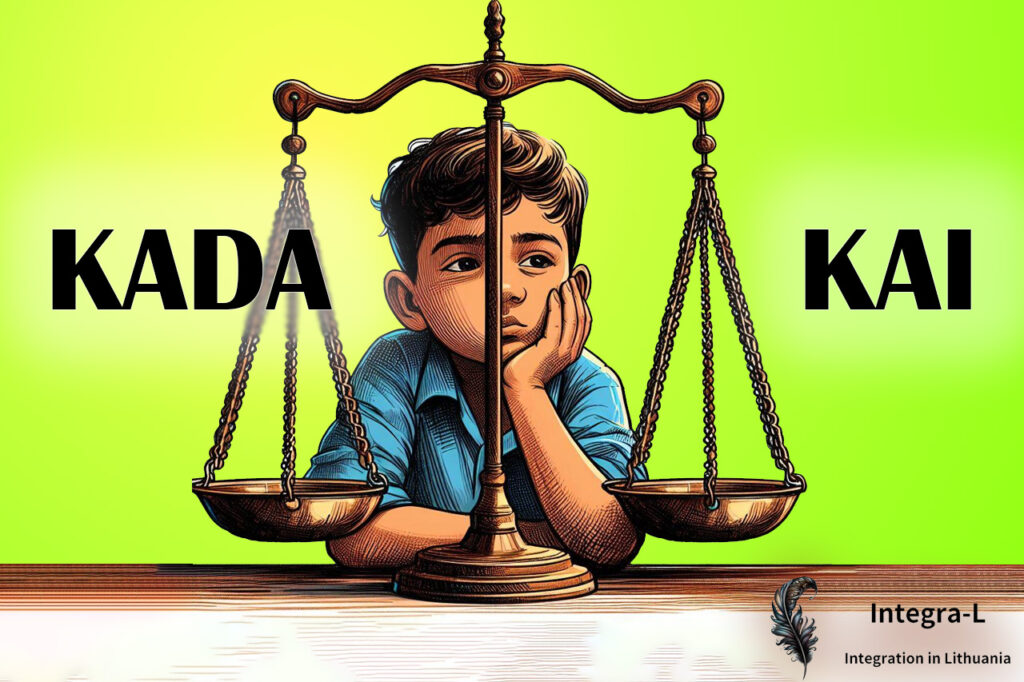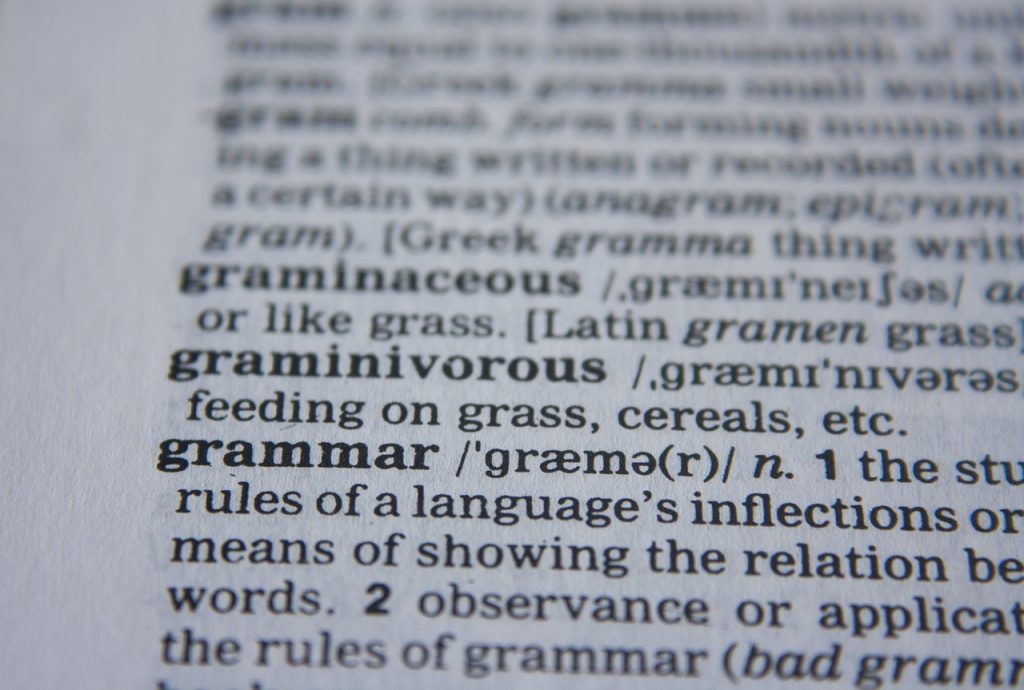How to say in Lithuanian “This is weird”, “How strange” and so on? If we look in dictionaries, then they will offer us two options for translating the word “strange”. Because it's right?
If you follow the rule of forming an adverb from an adjective, in the case of the word “strange” we have the following situation:
Ger-as (-a) → Ger-ai
Keist-as (-a) → Keist you have
However, in the dictionary we see the following:![]()
Adverb — это самостоятельная часть речи, denoting a sign of action, sign, state, rarely - an object.
What's the difference?
Let's consider three proposals:
- Boy strange walked on the way. ⇒ A boy strangely walked the road.
- This it was strange для меня. ⇒ Man tai buvo strange.
- To the driver strange drive etym bytom ⇒ For the driver strange drive this way.
Visible, what's the offer 1, where is the option used “strangely” different from sentences 2-3 those, what does it contain subject.
The subject is the main member of the sentence, which denotes an object, referred to in the proposal. Required in the nominative case.
There is no subject in the second and third sentences, therefore the option is used “strange”.
Alternative explanation
Determined, what part of the sentence is the word “strange” in sentences. In the first and third cases it is a circumstance, and in the second - part of a compound nominal predicate.
The predicate is the main member of the sentence, which expresses the action or state of the subject.
Than the offer 1 different from sentence 3? “Strange” is also a circumstance, Means, there must be “strangely”. But in the third sentence the predicate verb is expressed by the infinitive (answers questions “What to do? What to do?”).
Therefore, for those adverbs, which are formed from adjectives, you can focus on that, what verb is next to it and is it worth. If the verb, to which the adverb refers, there is no in the sentence or this verb is indefinite, then the adjective will be used without -s at the end:
- good → good
- difficult → hard
In other cases, the ending in the adjective changes to -ai (in adjectives on -us (-i) there will be a softened form -iai):
- good → good
- difficult → hard


